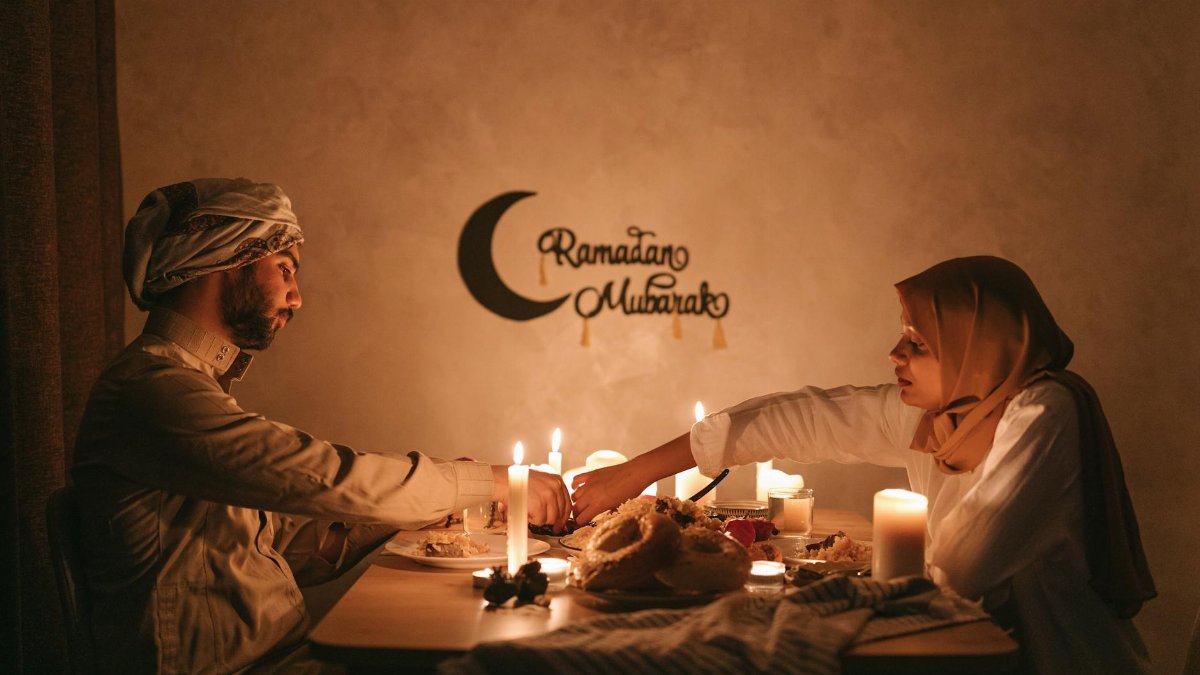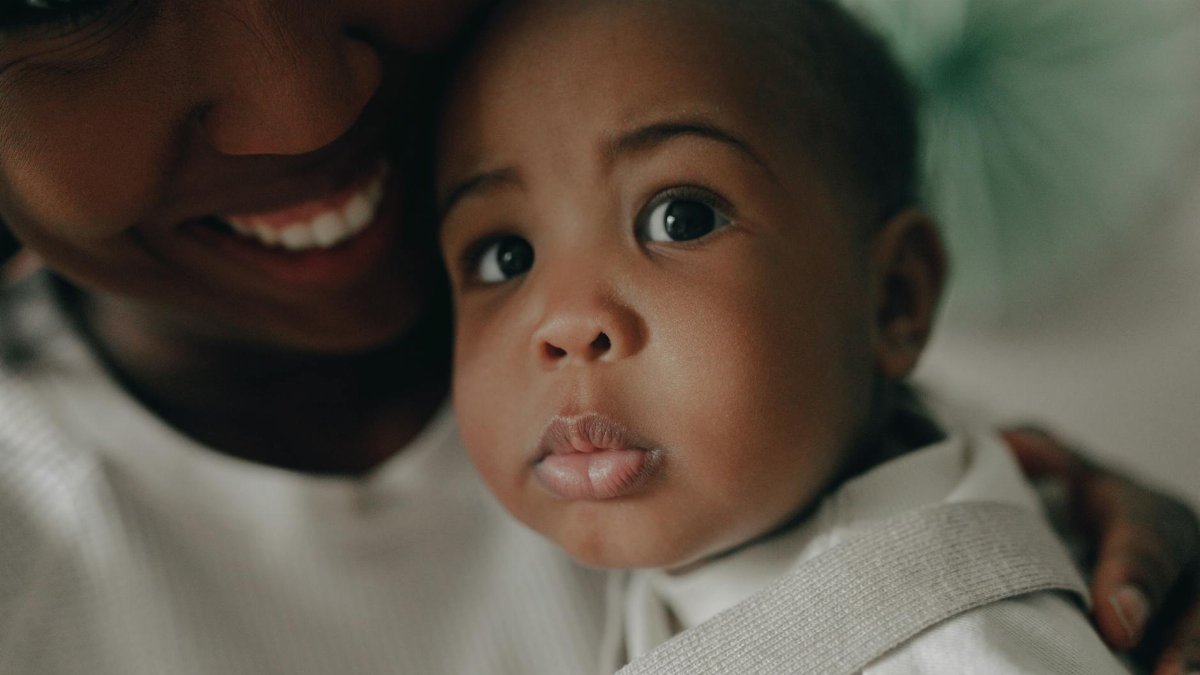Imagine a quiet morning, the kind where the world seems to pause just long enough to let you catch your breath. In a small coffee shop in Portland, a couple sits across from each other, not speaking, but sharing a moment of stillness over steaming mugs. They’re not just sipping coffee—they’re engaging in something deeper, a subtle practice of connection that sets the tone for their day. This scene hints at the power of daily grounding rituals, small but intentional acts that anchor us emotionally, especially in relationships. For many Americans navigating the complexities of modern life, these rituals are becoming a lifeline, a way to foster emotional safety with partners, family, or even oneself. Far from mere habits, they offer a pathway to stability in a world that often feels chaotic, reminding us that sometimes, the smallest gestures can build the strongest bridges.
1. The Power of Shared Silence

Relationships often thrive not on grand gestures, but on the quiet spaces between words. Shared silence, as a daily grounding ritual, can be a powerful tool for emotional safety. Think of it as a moment to simply be present with a partner—no need to fill the air with chatter. Studies from the American Psychological Association suggest that nonverbal communication, like sitting together in stillness, can strengthen bonds by reducing misunderstandings. For some couples, this might mean starting the day with five minutes of quiet over breakfast, just listening to the rhythm of each other’s breathing. It’s not about ignoring each other; it’s about creating a safe space where words aren’t always necessary. This practice can ease tension after a rough day, offering a reminder that connection doesn’t always demand dialogue.
2. Morning Check-Ins for Emotional Alignment

“How are you really feeling today?” It’s a simple question, but when asked with genuine curiosity each morning, it transforms into a grounding ritual that builds trust. These brief check-ins allow partners to gauge each other’s emotional state before the day’s demands take over. Research from the Gottman Institute shows that couples who regularly share emotional updates are more likely to navigate conflicts with empathy. One couple described setting aside just three minutes each morning to share one word—happy, stressed, hopeful—that captures their mood. This small act creates a window into each other’s inner world, fostering a sense of being seen and understood, even on hectic days.
3. Creating a Ritual of Gratitude

Gratitude isn’t just a buzzword; it’s a grounding practice that can anchor relationships in positivity. Each evening, some couples take a moment to name one thing they appreciated about each other that day. It could be as mundane as, “Thanks for making coffee this morning,” but the impact is profound. A study by the Greater Good Science Center at UC Berkeley found that expressing gratitude strengthens relational bonds by reinforcing positive interactions. This daily grounding ritual shifts focus away from grievances and toward mutual appreciation, creating a buffer against resentment. Over time, it builds a culture of kindness within the relationship, where even small acts of care don’t go unnoticed.
4. Physical Touch as a Daily Anchor

A hand on the shoulder, a quick hug before leaving for work—these fleeting moments of physical touch can serve as vital daily grounding rituals. Physical connection releases oxytocin, often called the “bonding hormone,” which reduces stress and fosters closeness. According to research from the National Institutes of Health, even brief touch can lower cortisol levels, easing anxiety. For partners, a consistent touch ritual—like holding hands during a nightly walk—creates a tactile reminder of safety and support. It’s not about grand displays of affection but about weaving small, reliable moments of connection into the fabric of daily life.
5. Setting Boundaries Through Evening Debriefs

Relationships often falter when unspoken needs pile up. An evening debrief, where partners discuss what worked and what didn’t in their day, can be a grounding ritual that prioritizes clarity. This isn’t about venting endlessly but about carving out a safe space to express boundaries or frustrations. One person shared in an online discussion how this practice helped them realize their partner felt overwhelmed by late-night work calls. By setting a “no screens after 9 p.m.” rule during their debrief, they reclaimed time for connection. These moments of honesty, when done with kindness, prevent small irritations from festering, reinforcing emotional safety through mutual respect.
6. Joint Activities as Grounding Moments

Doing something together, even something as simple as watering plants or cooking dinner, can become a daily grounding ritual that strengthens relational ties. These shared tasks create a sense of teamwork, a quiet way to say, “We’re in this together.” Unlike high-stakes date nights, these activities are low-pressure but consistent, embedding a rhythm of collaboration into everyday life. For one couple, folding laundry side by side became their unexpected bonding time—less about the chore and more about the laughter and small talk that unfolded. Such rituals remind partners they’re a unit, even amidst mundane routines, building a foundation of shared purpose.
7. Personal Space as a Shared Ritual

Emotional safety doesn’t always mean constant togetherness. Paradoxically, honoring personal space can be a grounding ritual that fortifies a relationship. Agreeing on a daily window—say, 30 minutes after work—to pursue individual hobbies or just decompress signals trust and respect for autonomy. This practice acknowledges that partners are whole individuals, not just halves of a couple. When both return to shared time, they often bring renewed energy, ready to connect without feeling smothered. It’s a delicate balance, but one that nurtures security by showing faith in each other’s independence.
8. Affirmations to Counter Doubt

Words carry weight, especially when they’re intentional. A daily ritual of verbal affirmations—simple statements like “I’m grateful you’re here”—can ground a relationship in reassurance. This isn’t about flattery but about countering the doubts that creep in during tough moments. Whether it’s a sticky note left on the bathroom mirror or a whispered goodnight message, these affirmations act as emotional anchors. They remind partners of their value to each other, creating a shield against insecurity. Over weeks, this small habit can shift the tone of a relationship, making kindness the default rather than the exception.
9. Rituals Around Conflict Resolution

Disagreements are inevitable, but how couples handle them can make or break emotional safety. A grounding ritual for conflict might involve a “pause rule”—agreeing to step away for ten minutes before discussing a heated issue. This gives both parties time to cool off, ensuring words aren’t weaponized in the heat of the moment. Once reconvened, starting with a phrase like, “I want to understand,” sets a tone of curiosity over blame. Such structured approaches turn conflict into an opportunity for growth, reinforcing that even disagreements can be navigated with care and respect.
10. Celebrating Small Wins Together

Life isn’t always about big milestones; sometimes, it’s the tiny victories that keep a relationship steady. A daily grounding ritual of celebrating small wins—finishing a project, sticking to a budget, or even just getting through a tough day—builds a shared sense of joy. One partner might cheer the other’s completion of a mundane task with a high-five or a quick toast with water glasses. These micro-celebrations create a narrative of progress, reminding couples they’re allies in life’s ups and downs. Over time, this habit fosters an atmosphere where encouragement is second nature.
11. Nightly Rituals to Close the Day

Ending the day with intention can be just as important as starting it. A nightly ritual, like reading a passage aloud to each other or simply lying side by side reflecting on the day, serves as a grounding capstone. It’s a way to let go of external stresses and refocus on the relationship before sleep. For some, this might mean a quick prayer or meditation together; for others, it’s just a murmured, “Tomorrow’s another chance.” These closing moments create a sense of continuity, a promise that no matter the chaos of the day, this bond remains a safe harbor to return to.
